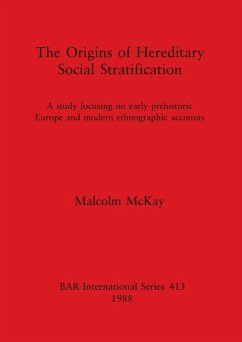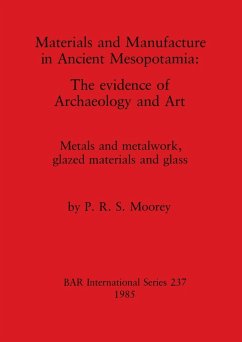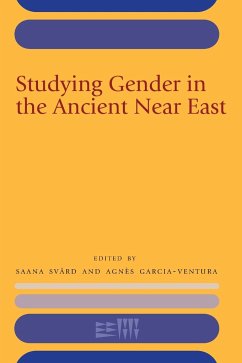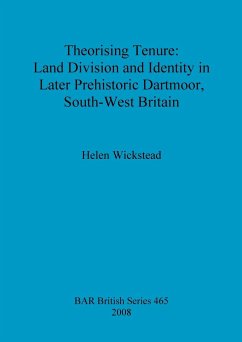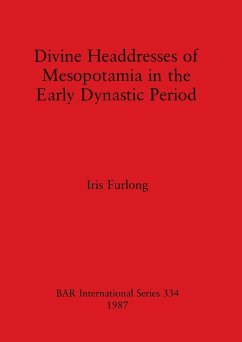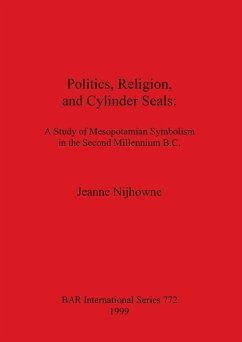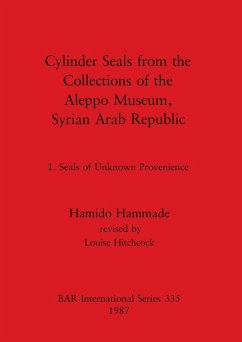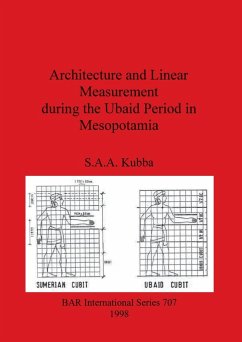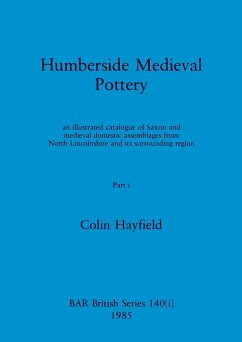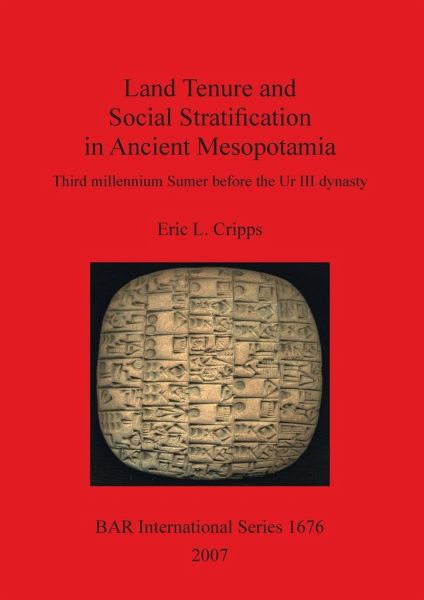
Land Tenure and Social Stratification in Ancient Mesopotamia
Third millennium Sumer before the Ur III dynasty
Versandkostenfrei!
Versandfertig in 1-2 Wochen
87,99 €
inkl. MwSt.

PAYBACK Punkte
44 °P sammeln!
In this work, the author reconstructs the Mesopotamian land tenure system as it may have existed at or near the beginning of history. The major focus is on the texts from Souruppak, which are the first that can be comprehended reasonably well. These are supported by detailed analysis of two later archives, the more recent of which is Sargonic. Altogether, the substantive study period covers about four hundred years in the middle of the third millennium. Introductory consideration is given to Sumerian Mesopotamia from the end of the fourth millennium until about 2200 in the Old Akkadian period ...
In this work, the author reconstructs the Mesopotamian land tenure system as it may have existed at or near the beginning of history. The major focus is on the texts from Souruppak, which are the first that can be comprehended reasonably well. These are supported by detailed analysis of two later archives, the more recent of which is Sargonic. Altogether, the substantive study period covers about four hundred years in the middle of the third millennium. Introductory consideration is given to Sumerian Mesopotamia from the end of the fourth millennium until about 2200 in the Old Akkadian period and identifies some components of the tenure system during this time. The chronological focus of the study is extended to provide a broader sweep through the history of urbanisation on the alluvial plains of the Euphrates to provide a context for the development of irrigation, associated agricultural land and its tenure. The research is concerned with the city-states of the area known for the latter part of this period as ki-en-gi, the limits of which regularly varied with the shifting channels of the Tigris to the east and the Euphrates to the west. The texts, which are the database of this study, originate from Souruppak towards the south and Nippur and Isin in the north of Sumer. The primary evidence for types of land tenure in third millennium Sumer is adduced from cuneiform text archives from Early Dynastic Souruppak (Fara), pre- or early Sargonic Isin and Nippur of the classical Sargonic period. These archives are, arguably, administrative and economic records from palace, temple and private households. The study incorporates and emphasises transactions concerning real property from the genre of texts usually represented as sale documents or sale contracts. A principal and essential objective is to integrate these sale documents or contracts with administrative records related to land in a reconstruction of the tenure system. It is almost entirely the case that this synthesis has been absent from studies of sale contracts.



